Jim Ratcliffe’s Mission to Revitalize Manchester United and Conserve Iceland
Amidst the breathtaking Icelandic mountains, with their tent- and mushroom-like shapes draped in snow, Jim Ratcliffe stands in an icy river, casting his fly-fishing rod effortlessly. “Some things money can’t buy,” he muses, though, in fact, he has purchased a vast 400,000 acres of wilderness in Iceland. Ratcliffe, an industrialist, sports proprietor, mountaineer, beekeeper, and now conservationist, aims to protect this land from developers. What he implies is that money can’t buy the solitude and peace he finds here.
Just 25 miles from the Arctic Circle, our only companions are the reindeer grazing and the Atlantic salmon in the rivers. “This is one of the world’s last great unspoiled areas,” he says. Ratcliffe’s Icelandic journey began two decades ago, drawn by the salmon. “I discovered this place accidentally on my 50th birthday. As a kid, I fished in Lancashire and Yorkshire’s lakes and canals. Nowadays, only remote rivers are worth fishing because human activity drives fish away.”
Founder of the petrochemical giant Ineos, Ratcliffe was fourth on The Sunday Times Rich List this year with a net worth estimated at £23.519 billion. He might remind you of Felix Happer, the fictional oil tycoon in the 1983 film Local Hero, but unlike Happer, who buys a Scottish glen to stargaze, Ratcliffe connects with nature through catch-and-release fly-fishing. “Everyday life’s intensity melts away here,” he believes, hoping this life extension.
When invited to join him fishing, I found the journey to his remote Icelandic paradise challenging: flights to Reykjavik, then Egilsstadir, and a long drive on solitary roads to the north coast. To speed up, Ratcliffe uses his Airbus H145 helicopter, chartered for the trip’s final leg.
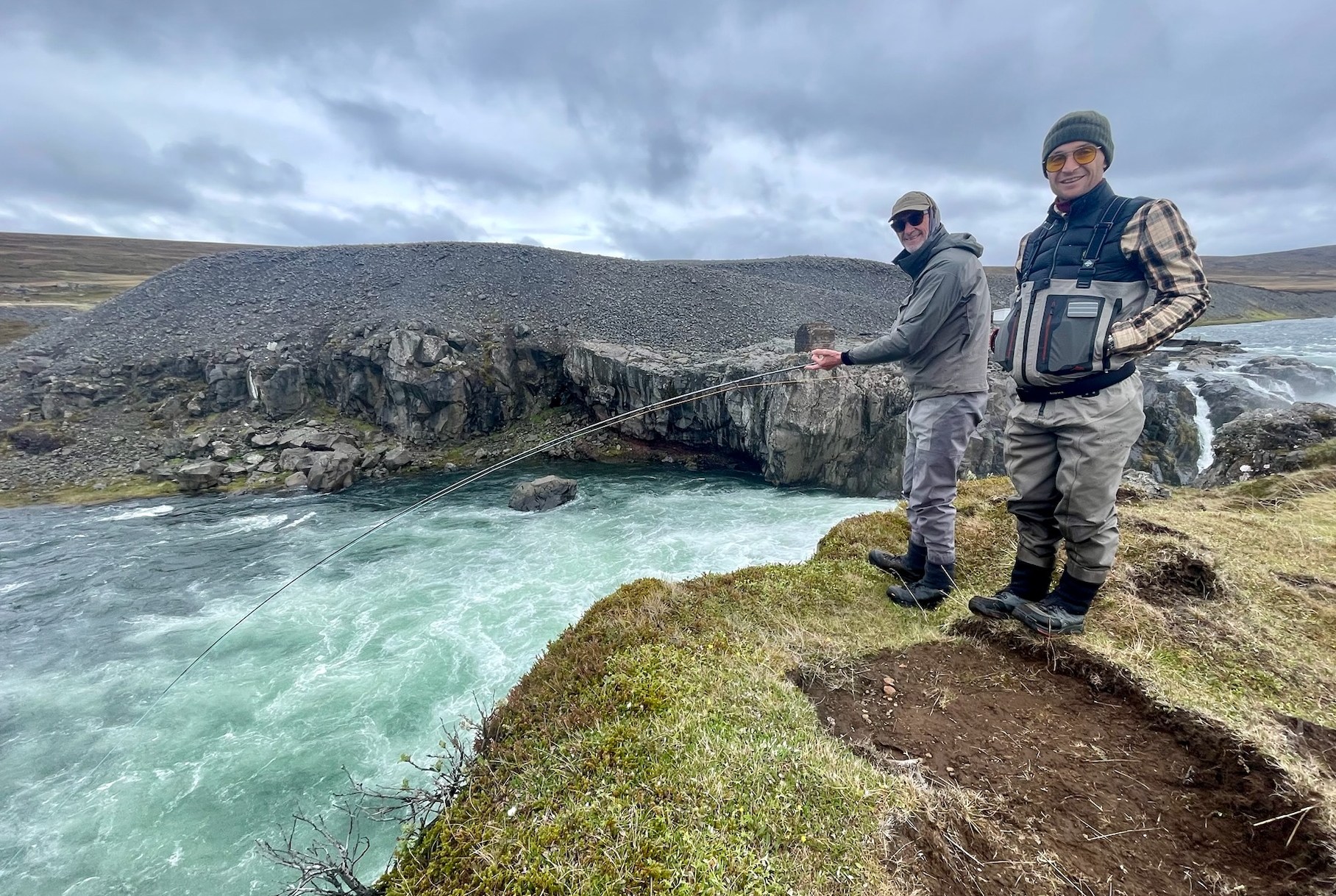
In a camo jacket and waders, this lean 71-year-old, still running and cycling, doesn’t resemble your typical corporate mogul.
Recently, Ratcliffe secured a 27.7% stake in Manchester United, outmaneuvering wealthy competitors. A lifelong fan, he vowed to restore the club to its past glory. He also owns a third of the Mercedes Formula 1 team and backs the Ineos Grenadiers cycling squad and the Ineos Britannia sailing team.
Joining an elite few—like Peter Thiel in New Zealand and Jeff Bezos in Texas—who have acquired vast unspoiled lands, Ratcliffe aims to preserve rather than develop.
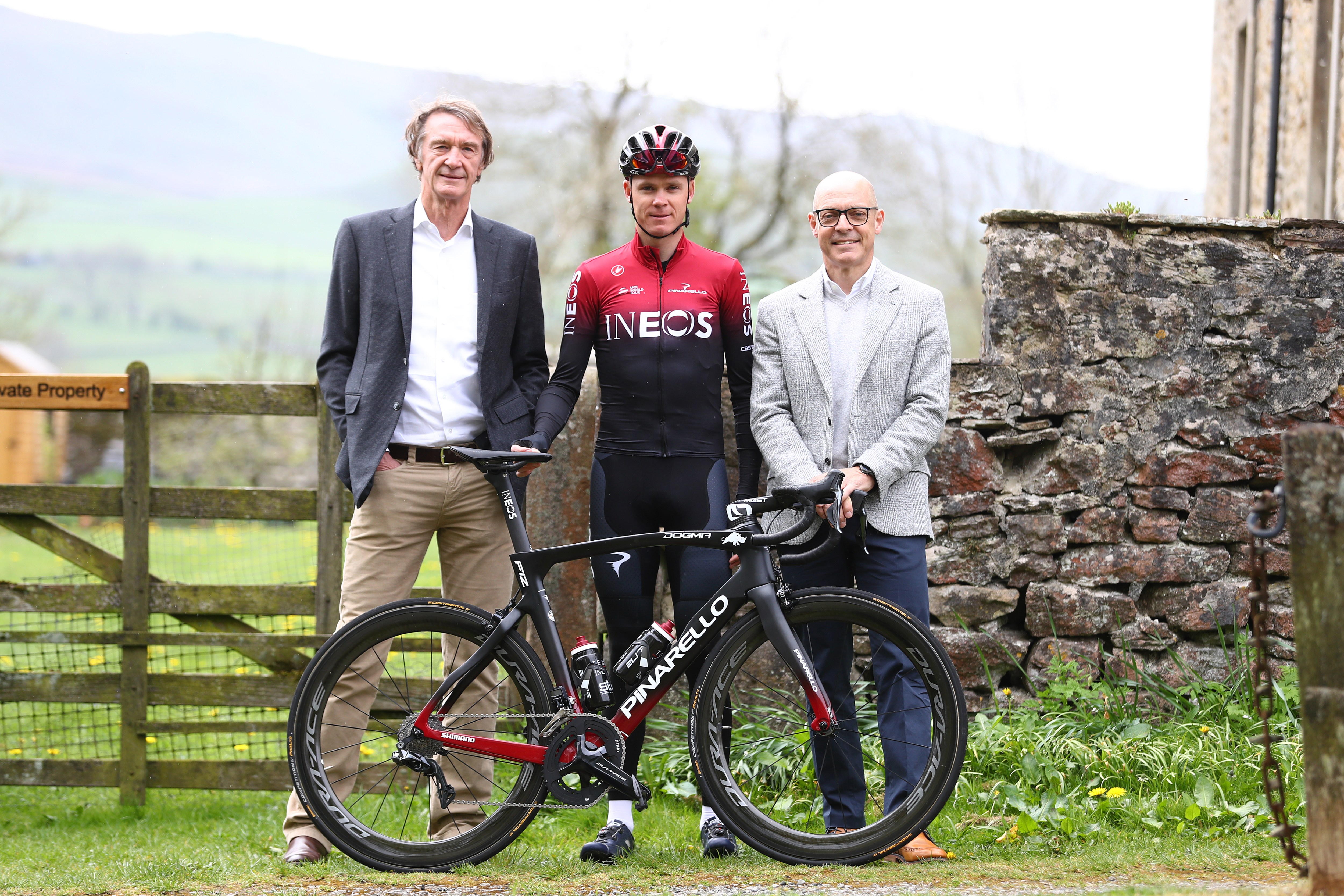
Despite part of his wealth coming from resource extraction, Ratcliffe reassures locals that his interest lies in protecting salmon spawning grounds, addressing fears of industrial development.
The global Atlantic salmon population has dwindled significantly due to human activity. “They’re magnificent but endangered,” Ratcliffe laments, explaining the fish’s perilous lifecycle and his conservation efforts. He even envisions King Charles revisiting his namesake fishing spot.
Ratcliffe encourages other sports fishermen to visit, advocating for sustainable fishing practices that support local farmers.
His guiding principles are Grit, Rigour, and Humour. Starting as a chemical engineering graduate and venture capitalist, he founded Ineos in 1998. Through smart acquisitions, Ineos has grown into a sizable global entity producing essential goods.
Ratcliffe was knighted in 2018 for his business contributions. Despite his Brexit stance, he supported Keir Starmer in the last election, criticizing Britain’s short-sighted political landscape.
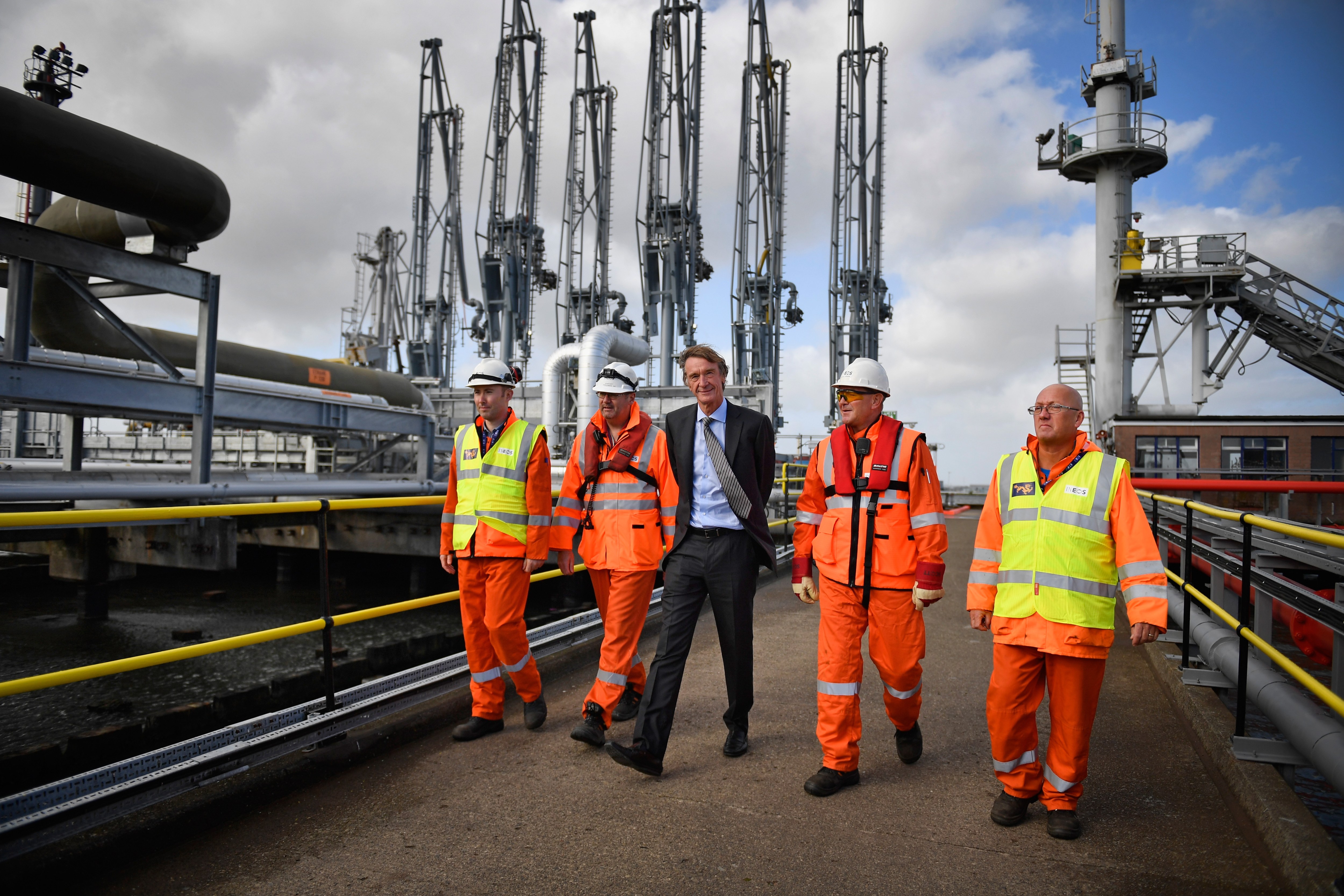
After moving his company due to a tax dispute, Ratcliffe brings headquarters back to London’s Knightsbridge, though he laments the city’s decreased safety, evidenced by a fatal robbery near his office.
He criticizes the UK’s handling of public services, particularly energy policy, suggesting high energy costs stifle growth while Ineos benefits from increased liquefied gas imports.
With properties in Britain, Switzerland, and Monaco, Ratcliffe shuns work-from-home culture, citing productivity drops. His homes include a beach house in Hampshire and a planned lodge in Iceland.
An adventurer, Ratcliffe’s exploits range from crossing the Andes and Africa to tackling the North and South Poles. He dismisses retirement, preferring active engagement in business and sport.
His Manchester United investment was a dream fulfilled after complex negotiations, forming a minority stake but aiming for cooperative success with the Glazer family.
With day-to-day management of United, Ratcliffe seeks to restore the club’s top-tier performance, emphasizing the club’s vast fanbase and historical significance.
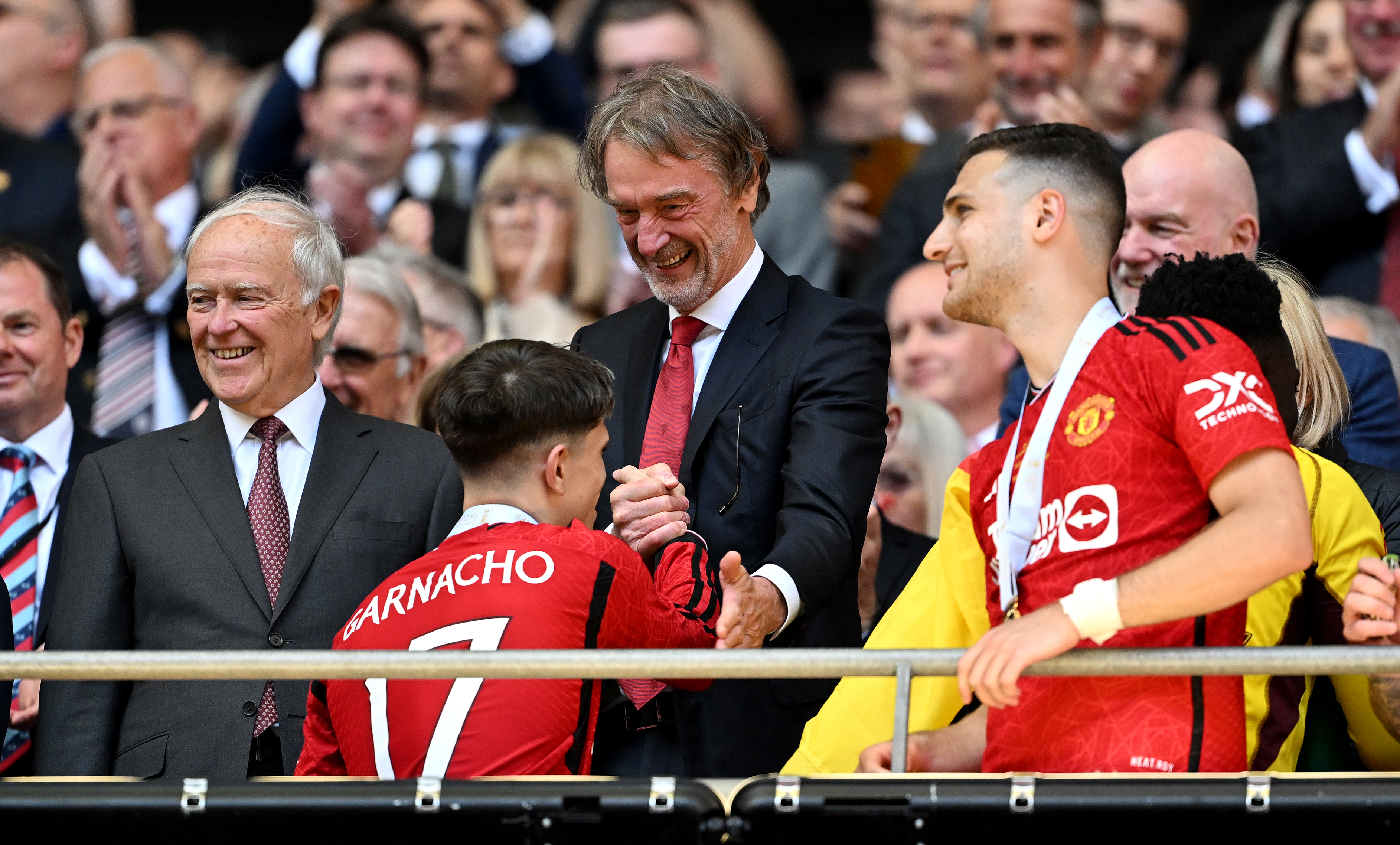
Despite substantial investment in Old Trafford’s renovation, the temporary relocation of the women’s team drew criticism, though Ratcliffe asserts the necessity and investment in their facilities.
Ratcliffe continues expanding his ventures, investing heavily in new chemical plants globally and owning luxury hotels.
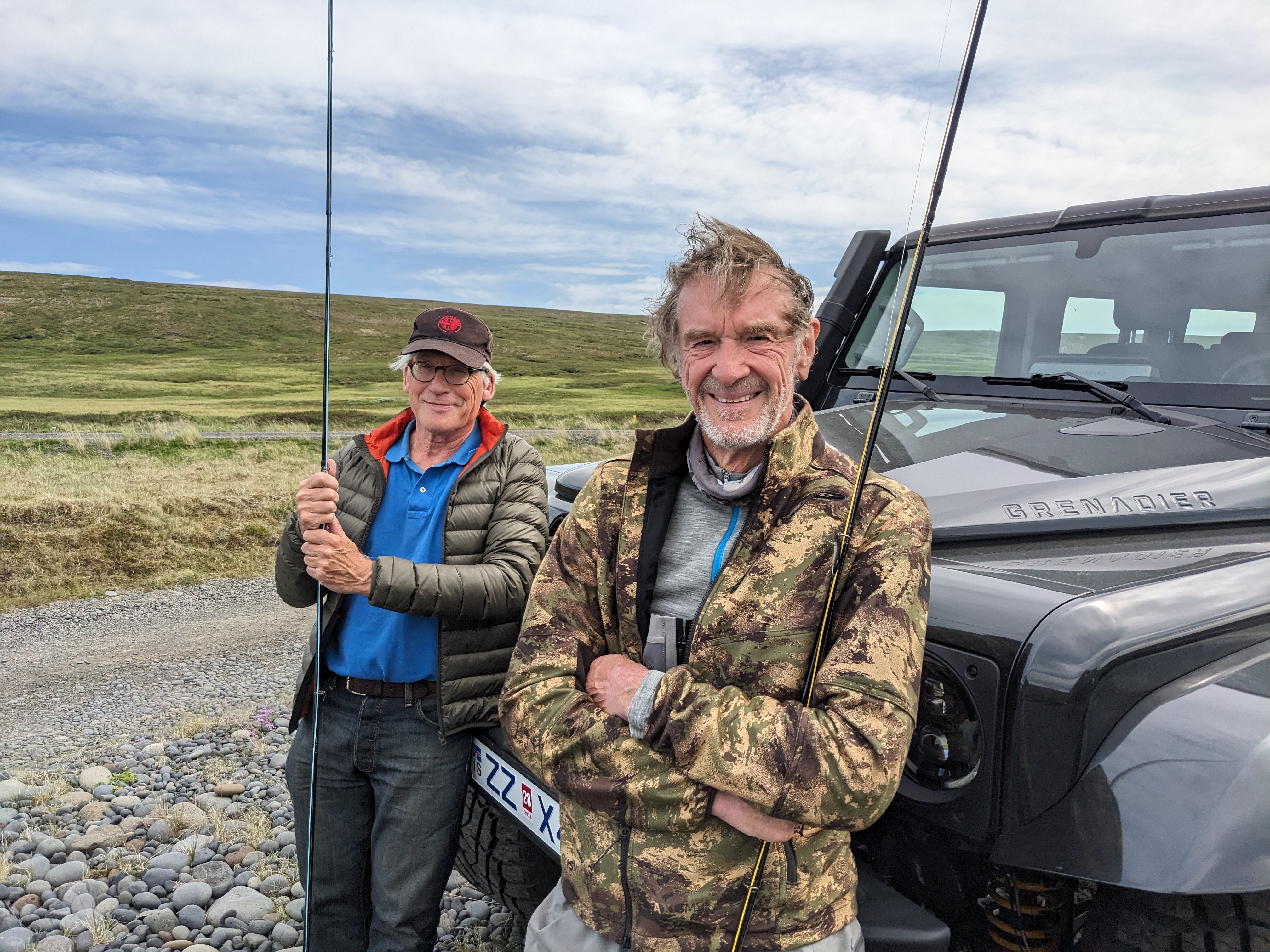
His Icelandic land acquisition is seen as a protective measure against rapid industrialization in the country, though some locals and media remain skeptical.
Ratcliffe’s conservation efforts, through his Six Rivers Foundation, aim to support salmon recovery, with plans to plant one million trees annually. While this may offer some carbon tax relief, it’s primarily about the salmon.
Fishing in Iceland brings its own challenges, yet Ratcliffe remains optimistic. Despite harsh conditions, his patience is rewarded with a significant catch. “A beauty,” he remarks, living up to his nickname, Lucky Jim.
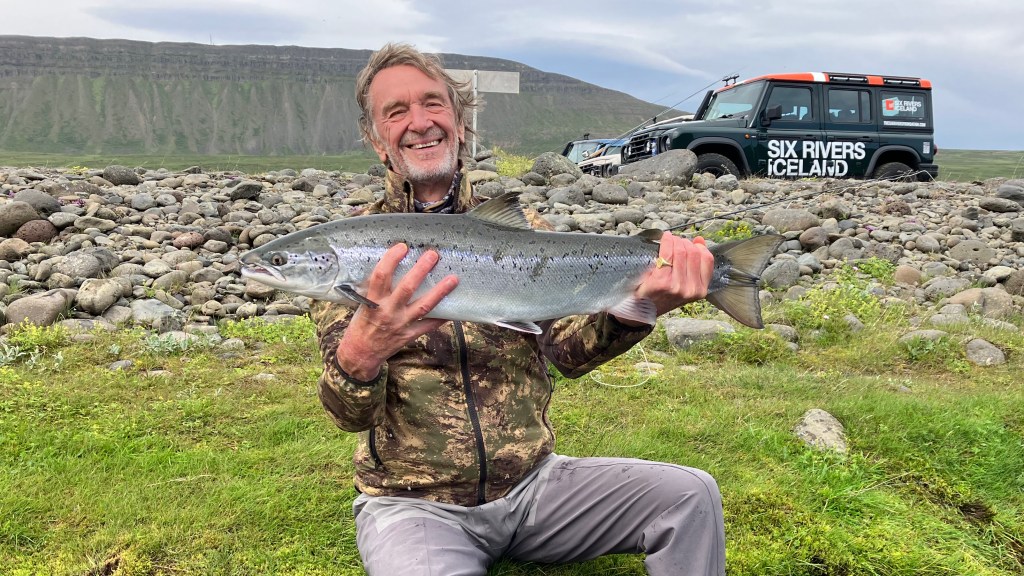
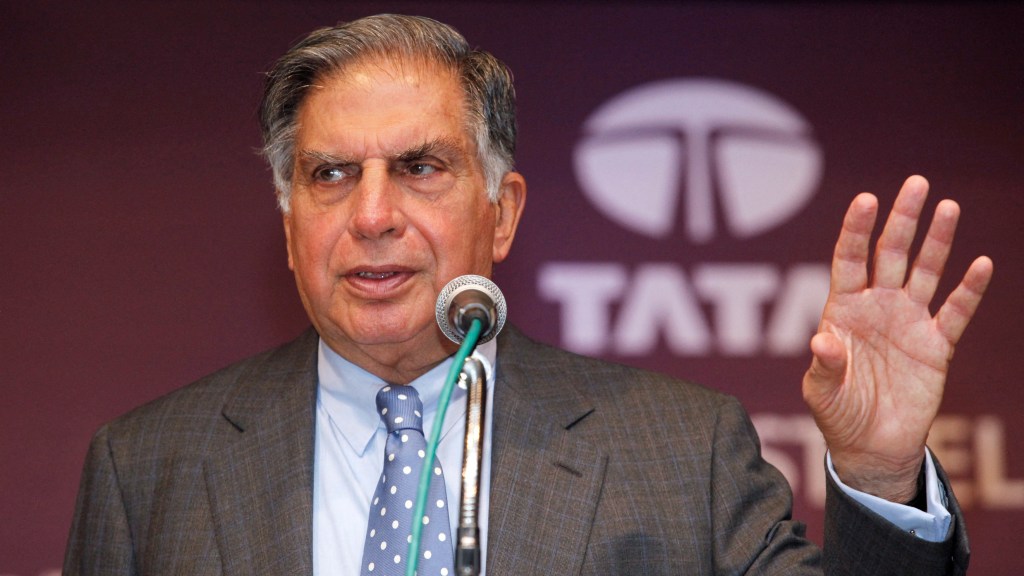


Post Comment